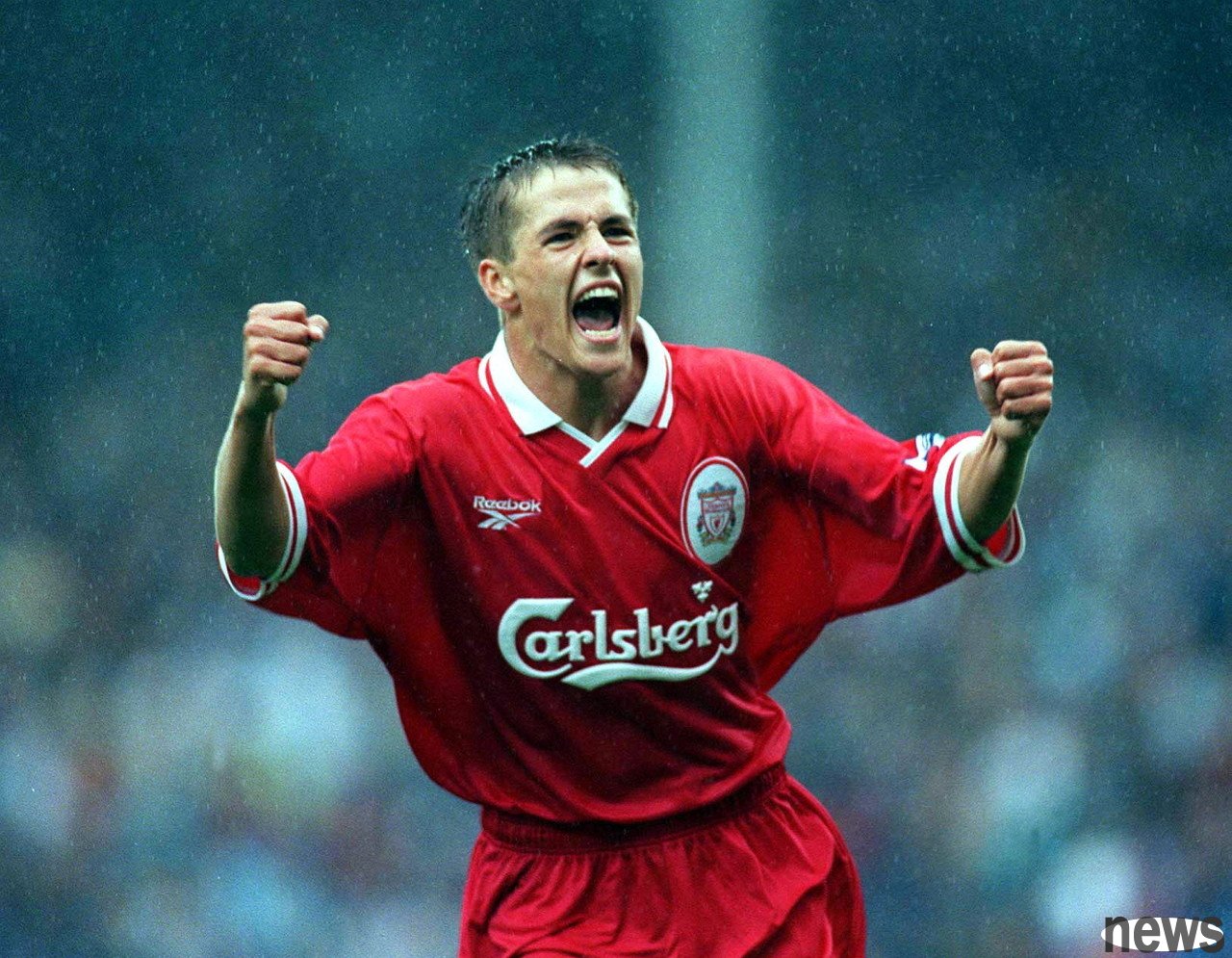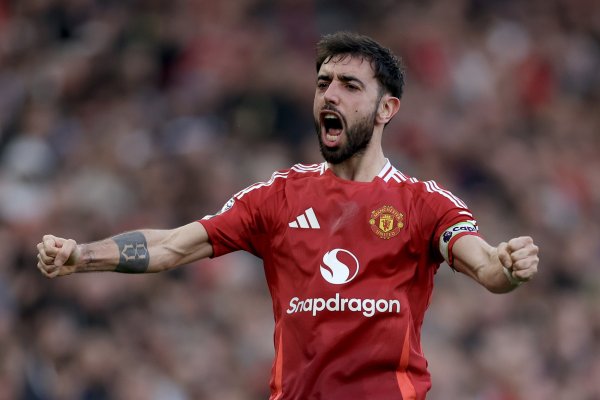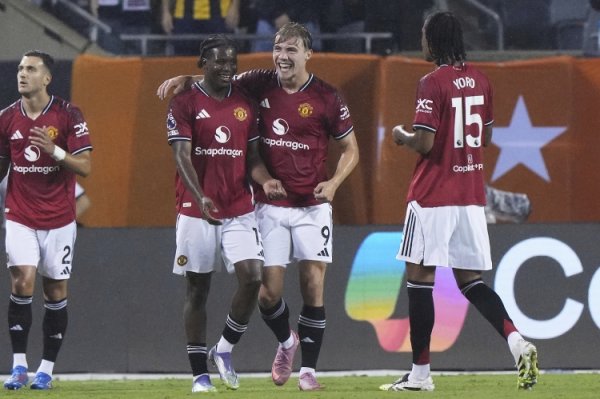Irving: I passed my peak at the age of 21, and I felt embarrassed during my time at Manchester United

According to the Sun, Irving was interviewed and talked about topics such as his career.
Note: Irving has made his mark in the Liverpool youth training system since he was 12 years old and has broken many records. In the 1997-98 season, at the age of 18, he became the youngest Golden Boot winner in Premier League history with 18 goals. Irving still holds the record of the youngest 100-ball player in the Premier League (he was only 23 years, 4 months and 12 days when he achieved this achievement). In 2001, Irving won the Golden Globe Award, becoming the second youngest winner in the history of the award and the fourth England player to win this honor. During his time at Liverpool, Irving scored 118 goals in 216 Premier League games. In 2004, he transferred to Real Madrid, but Irving only made 36 appearances in La Liga (and mostly made a substitute) and scored 13 goals. Afterwards, Irving spent four unsatisfactory years at Newcastle United, during which he also experienced relegation with the team. In 2009, Irving made a controversial decision - transferring to Manchester United. In his three years at Manchester United, he played only 31 Premier League games and scored 5 goals.
Irving admitted that people don't remember how outstanding he was, which was a "pain" for him, and he also said that he felt during his time at Manchester United. "Awkward," said Owen. "What people see and remember may be just how I am in a worse and worse shape in my later career. For me, the pain is that no one remembers what I used to be. Only a few people still remember my performance at 10, 12, 15, 18, and maybe at most 22 years old. In fact, at around 21, my condition has begun to decline and my peak period has passed. This kind of pain is unspeakable, because when I was 18, who can get close to my level in the same age group? Those who can score 10 goals later appeared later. Young players, everyone will say 'He will be the next Irving'. "
"My career can be divided into two parts, partly in Liverpool and Real Madrid, and the other part is the days afterwards, because I was no longer the same as I was. I like Manchester United, but I was not the real me there. During this period, I even felt embarrassed. I thought, if I could change my name and change my identity. I didn't want people to remember what I was like at that time, that feeling was too torment. I could still score goals at that time, but I could never be like I completely defeated the opponent's defense like that before. I (at the age of 33) retired not because I was physically ineffective, but because I was about to collapse. I really couldn't accept that I was just an ordinary player."
Regarding my experience of winning the Golden Globes, Irving said: "When I won the award, I was not very clear about what this award meant. It was not until I went to Real Madrid that when people mentioned my name, they would always add the 'Golden Globe winner'. But in England, no one would say that."
For Arnold Irving expressed sympathy for leaving Liverpool to join Real Madrid at Anfield. He said: "I do not agree with the criticism of Arnold. Some fans will never understand the player's choice, thinking that we will be loyal to the team's logo for the rest of our lives. But we have to consider our career and our lives. Aston Villa's fans booed Gralish back then, and their attitude towards him is still very bad, which makes me feel very uncomfortable. We (players) are just ordinary people."




